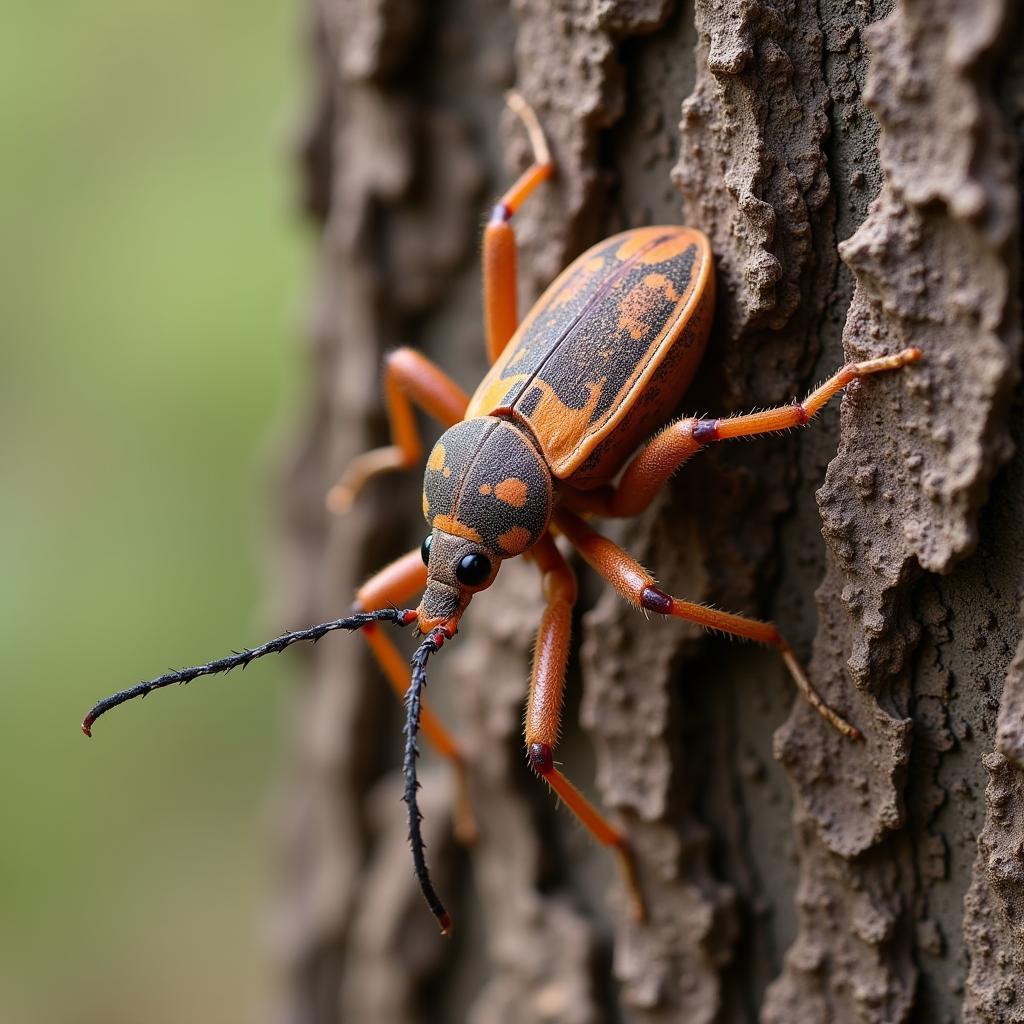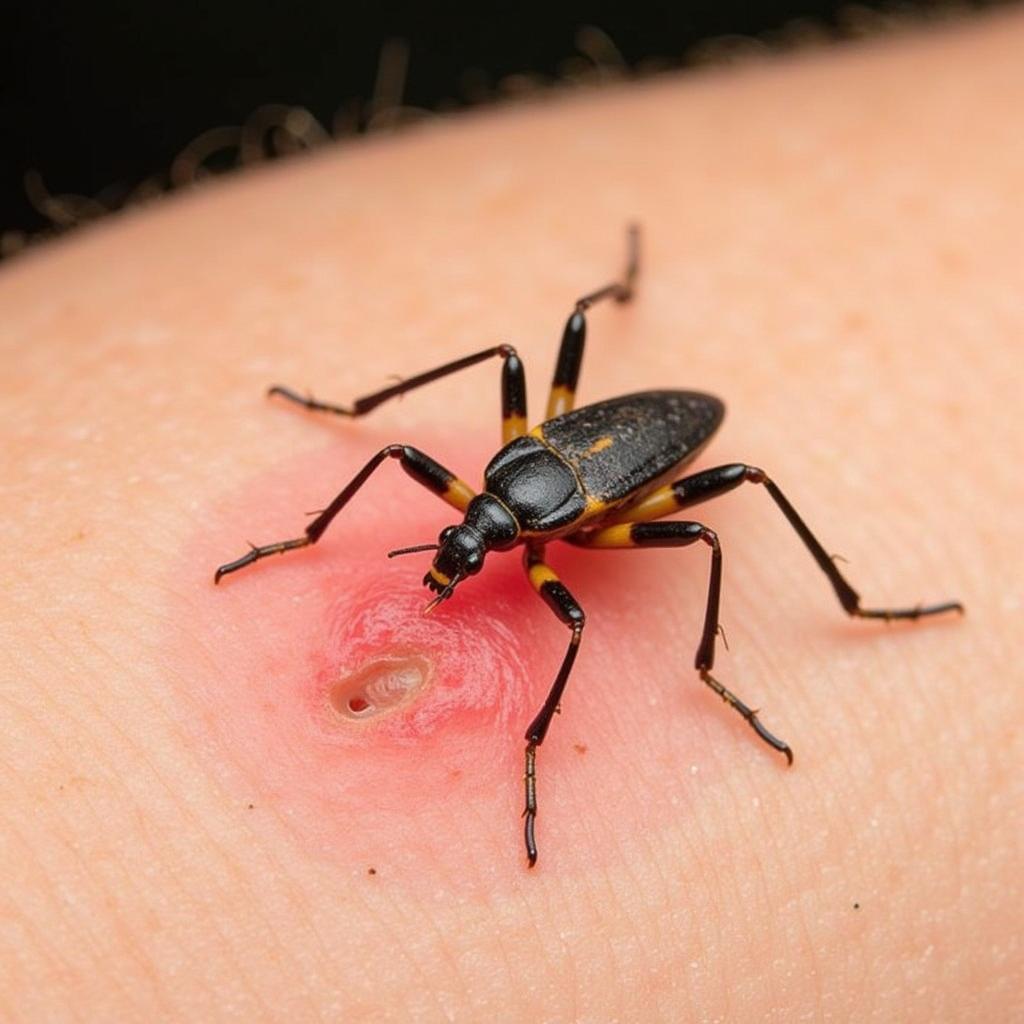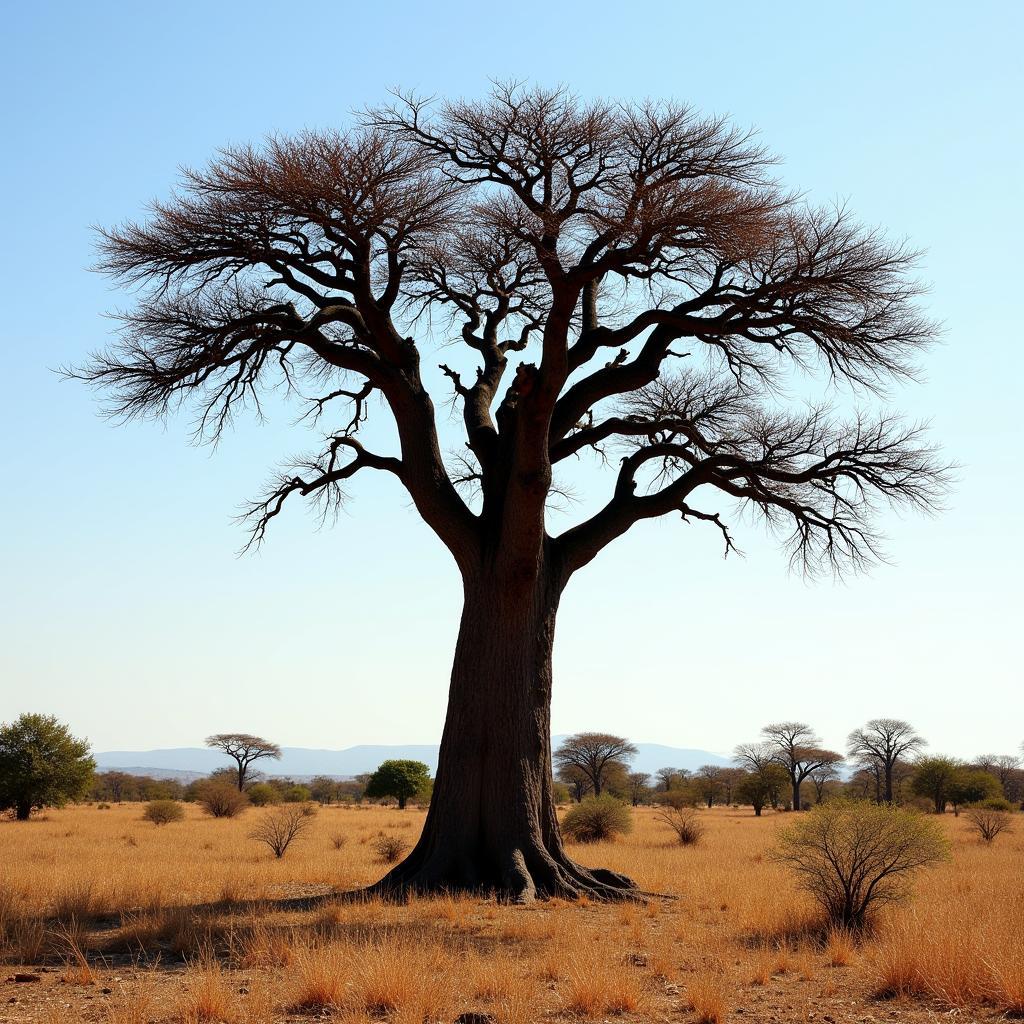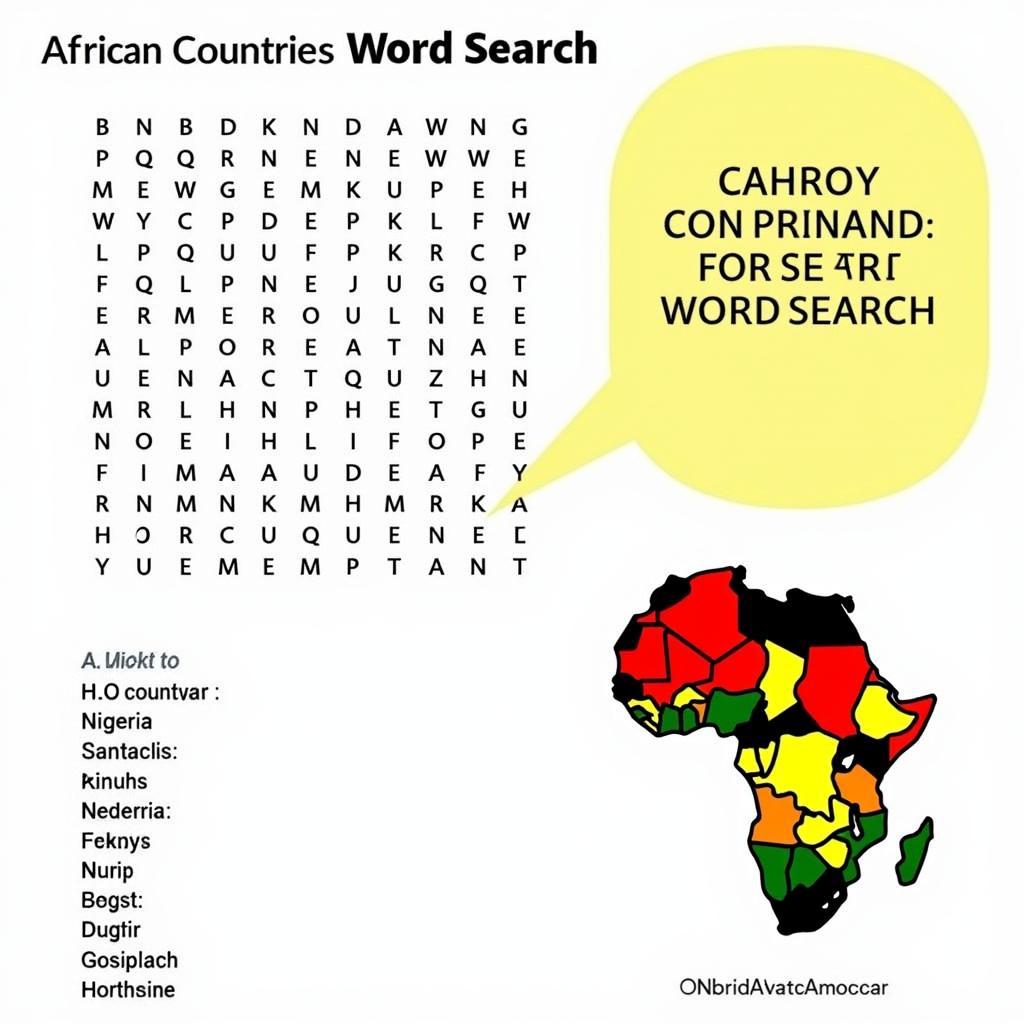Unveiling the African Assassin Bug: Predator of the Insect World
The African Assassin Bug, a fascinating and formidable predator, plays a crucial role in the diverse ecosystems across the African continent. These insects, belonging to the Reduviidae family, are known for their stealthy hunting techniques and potent venom. This article delves into the world of the African assassin bug, exploring its unique characteristics, diverse species, and ecological significance.
African Assassin Bug: Master of Disguise and Deception
African assassin bugs exhibit a remarkable array of adaptations that make them highly effective hunters. Their most distinctive feature is their elongated proboscis, a sharp, needle-like mouthpart used to inject venom into their prey. This venom not only paralyzes the victim but also liquefies its internal organs, allowing the assassin bug to easily consume the resulting fluid. Many species employ camouflage, blending seamlessly with their surroundings, whether it’s the bark of a tree or the vibrant petals of a flower. This allows them to ambush unsuspecting insects with deadly precision.
 African Assassin Bug Camouflaged on a Tree
African Assassin Bug Camouflaged on a Tree
Diverse Species and Specialized Diets
The term “African assassin bug” encompasses a vast array of species, each with its own unique characteristics and hunting strategies. Some species specialize in ambushing ants, while others target flying insects like flies and moths. Certain species even exhibit a preference for specific types of prey, demonstrating the remarkable diversity within this group of insects. Their sizes vary considerably, ranging from a few millimeters to several centimeters in length.
The Ecological Role of the African Assassin Bug
Despite their fearsome reputation, African assassin bugs play a vital role in maintaining the balance of insect populations across African ecosystems. By preying on a wide range of insects, they help to control pest populations, preventing outbreaks that could devastate crops and other vegetation. This natural pest control is essential for maintaining healthy ecosystems and supporting biodiversity.
What do African Assassin Bugs Eat?
African assassin bugs primarily feed on other insects. Their diet can include a variety of prey, such as ants, flies, beetles, caterpillars, and other small invertebrates. Some larger species are even capable of taking down small vertebrates like lizards and frogs.
Are African Assassin Bugs Dangerous to Humans?
While African assassin bugs are formidable predators of insects, they generally pose little threat to humans. However, they can deliver a painful bite if handled carelessly or threatened. The bite is often described as similar to a bee sting, causing localized pain, swelling, and redness. It is important to avoid handling these insects and to seek medical attention if bitten, especially if allergic reactions occur.
 African Assassin Bug Bite on Human Skin
African Assassin Bug Bite on Human Skin
Conclusion: Appreciating the African Assassin Bug
The African assassin bug, a skilled predator with diverse adaptations, is a crucial component of African ecosystems. Understanding their role in controlling insect populations helps us appreciate the intricate web of life that sustains our planet. While caution is warranted due to their potential to bite, these fascinating insects deserve our respect for their important ecological contributions. Remember to observe them from a safe distance and admire their remarkable hunting prowess.
FAQ
- What is the most distinctive feature of the African assassin bug? Their elongated proboscis.
- How do African assassin bugs hunt their prey? They use camouflage and ambush tactics.
- What is the ecological significance of African assassin bugs? They control insect populations and maintain ecosystem balance.
- Are all African assassin bugs the same size? No, their size varies considerably between species.
- What should you do if bitten by an African assassin bug? Seek medical attention, especially if allergic reactions occur.
- What do African assassin bugs eat? Mainly insects, sometimes small vertebrates.
- Where are African Assassin bugs found? Across the African continent in various ecosystems.
Need assistance? Contact us 24/7: Phone: +255768904061, Email: kaka.mag@gmail.com or visit us at Mbarali DC Mawindi, Kangaga, Tanzania.

